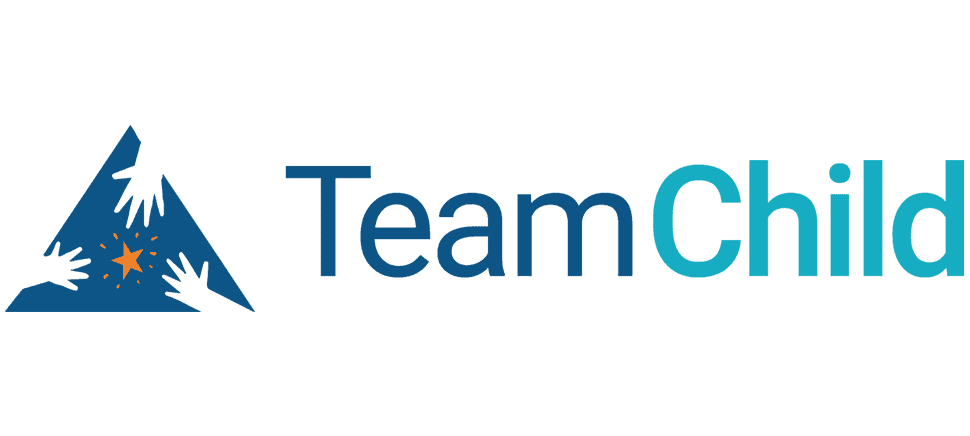State v. B.O.J.: Meeting the Needs of Youth in Community, Not in Juvenile Prisons – by Attorney Sara Zier and Amicus Committee
“Long-term incarceration is not a panacea for safety or treatment. In fact, it can inhibit those very goals.”
TeamChild uses multiple strategies to advocate for youth and system transformation. A team of TeamChild staff and volunteers fields requests for us to sign onto or write amicus curiae or friend of the court briefs in cases where TeamChild’s expertise and perspective can shed light on an issue that an appellate court is considering. Earlier this year, we filed an amicus brief in State v. B.O.J which raised the question of whether an exceptionally long period of incarceration should be imposed for low level nonviolent offenses to address unmet treatment needs.
When B.O.J. was 17-years-old, she was in foster care, charged with shoplifting (theft 3), and was sentenced to juvenile prison for up to a year. This sentence was significantly harsher than the standard sentence for shoplifting, which could be diverted altogether or resolved through probation in the community or a maximum of 30 days in detention. The trial court based its decision largely on B.O.J.’s history of running from foster care placements and her need for treatment. Unfortunately, B.O.J. was not alone. Around the same time, several cases came up on appeal – including cases from King and Yakima Counties – involving longer-than usual sentences for youth charged with low-level, non-violent offenses.
Travis Stearns with the Washington Appellate Project, who represented B.O.J. on appeal to the Supreme Court, contacted TeamChild. After meeting with Mr. Stearns, as well as the Juvenile Law Center and ACLU-WA, TeamChild agreed to write a brief about alternatives to incarceration based on our research and day-to-day experience advocating for youth. TeamChild works to help young people get out of the criminal court system and back into their communities, with the education, healthcare, and housing stability they need to thrive. To ensure we elevated youth voice, TeamChild partnered with The Mockingbird Society, an advocacy organization that centers youth who have been impacted by foster care and homelessness. Together, we wrote to the Court and highlighted the benefits of community-based strategies in contrast to the risks of harm of incarceration. We further discussed the structural racism and gender bias within the criminal justice system that result in the disproportionate treatment of youth of color in the court system.
The Court ruled that the longer-than usual sentence was an abuse of discretion and concluded “[a] juvenile does not usually pose a serious, and clear danger to society merely because they need treatment.” The Court cited studies that incarceration does not improve outcomes and can be harmful, noting that, “The idea that detention will be a safe placement is belied by years of research. Prolonged incarceration is not a safe housing option. Risks abound for juveniles in detention, including lasting negative impacts on health, recidivism and homelessness… No matter the intention to keep B.O.J. safe, the reality is that incarceration carries heavy risks.”
The studies cited by B.O.J. and amici offer a cautionary tale against imposing lengthy sentences over standard range dispositions with the hope of improving outcomes for juvenile defendants. In a concurrence, Justice González identified the concerns about race and gender bias in this case and opined that such bias casts doubt on the entire ruling.
You can read the Court’s decision here and our brief here. TeamChild is committed to continuing our individual, systemic and policy advocacy to stand with youth.
